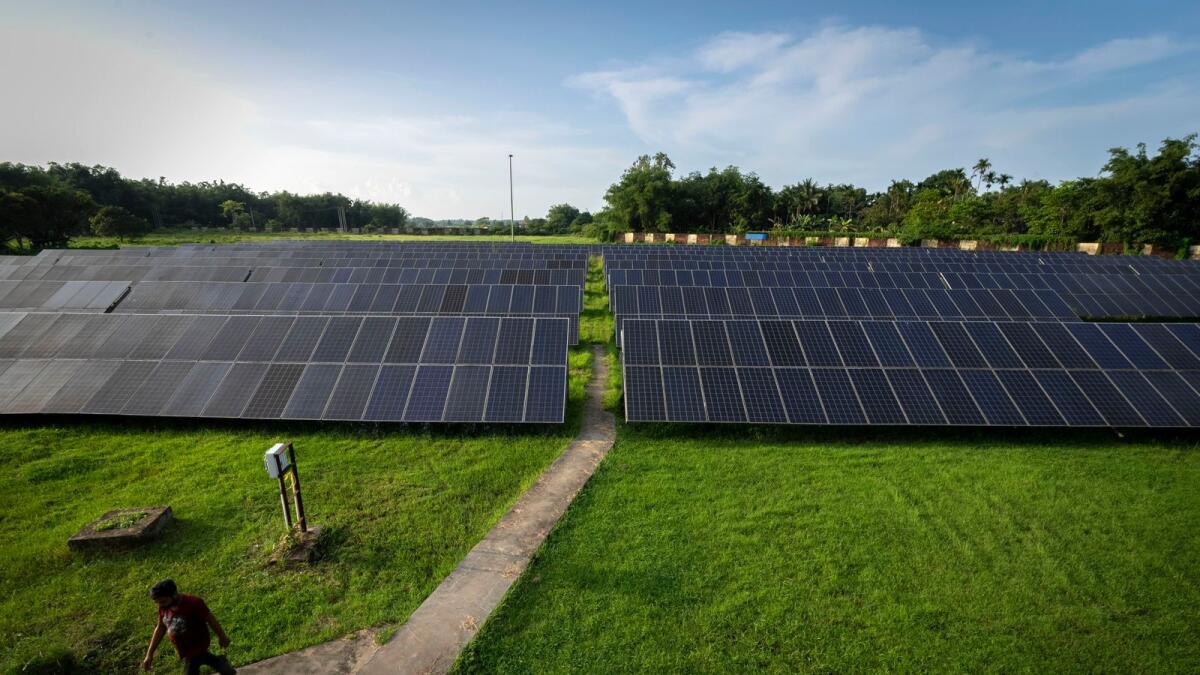Green hydrogen and its derivatives have gained worldwide attention as a clean energy solution to reduce carbon emissions in high-emitting sectors. Saudi Arabia, UAE, and Oman have started large-scale projects, indicating that the GCC countries are active in the adoption of low-carbon fuels. Project developers are focused on lowering costs and advancing technology, but many projects face challenges due to the lack of long-term offtake agreements and financing.
Despite the progress made in the development of sustainable fuels, the presence of substantial risks still hinders further advancement. The key missing element is the establishment of regional marketplaces that can distribute risks more evenly between producers and buyers. These marketplaces would enable buyers to mitigate risks associated with the price volatility of green fuels and create a more stable environment for investments.
Recognizing the unique green attributes of sustainable fuels is crucial for the energy transition. This recognition can be achieved through the establishment of a price for the carbon emissions that these fuels help reduce. Trading of green certificates, similar to what has been successful in the renewable electricity markets of Europe, the US, and Australia, can provide additional incentives for clean energy projects and accelerate carbon reduction.
The Zero Emissions Traders Alliance (ZETA) aims to promote trading in sustainable commodities in the GCC region. By giving green attributes a market price, ZETA believes that it can attract investments in low-carbon industrial development, create revenue opportunities for local industries, and facilitate accelerated carbon reduction. Markets can play a vital role in allocating risks fairly among stakeholders, bridging the gap between the required price in long-term contracts and the market price.
Green hydrogen projects require long-term offtake agreements with price guarantees, which poses a challenge in determining who bears the price risk for the commodities produced. Markets enable hedging to balance price risks between producers and buyers, paving the way for scalable investments in new green fuels. By creating a regional trading hub for green commodities in the GCC, ZETA aims to leverage the region’s clean energy advantages and establish benchmarks for new commodities to accelerate climate impact.











